The causes and effects of global warming and climate change the case study of Cameroon
I am Mnkong Emmanuel Saah and I live in the City of Bamenda, Cameroon. And would like to share a disturbing phenomenon of global warming and climate change that is already impacting the global community and my Country Cameroon quite negatively. By way of definition, global warming is the phenomenon of gradual increase in the average temperature of the earth. And is caused by the release of greenhouse gases like carbon dioxide.
As greenhouse gases emissions blanket the earth, they trap the sun's heat. This leads to global warming and climate change. The world is now warming faster than any point in recorded history.
It should be noted that generating electricity, and heat by burning fossil fuels such as coal, oil, and natural gas causes a large chunk of global emissions. Most electricity is still produced from fossil fuels, only about a quarter comes from wind, solar and other renewable sources.
Manufacturing and industries produce emissions, mostly from burning fossil fuels to produce energy for making things like cement, iron, steel, electronics, plastics, clothes and other goods. Mining and other industrial processes also release gases.
Cutting down trees otherwise known as deforestation to create farms or pastures or for other reasons, causes emissions, since trees when cut, they release carbon they have been storing. Since forests absorb carbon dioxide, destroying them also limit nature's ability to keep emissions out of the atmosphere.
The effects of the above activities are very negative to the people. Infact warming temperature over time are changing weather patterns and disrupting the usual balance of nature. This poses many risks to human beings and all other forms of life on earth;
Hotter temperature: Nearly all land areas are seeing more hot days and heat waves; 2020 was one of the hottest on record. Higher temperatures increase heat-related illnesses and can make it more difficult to work and move around. Wildfire start more easily and spread more rapidly when conditions are hotter.
Water is also becoming scarcer in most regions. Droughts can stir destructive sand and dust across storms that can move billions of tons of sand across continents. Deserts are expanding, reducing land for growing food. Many people now face the threat of not having enough water on regular basis.
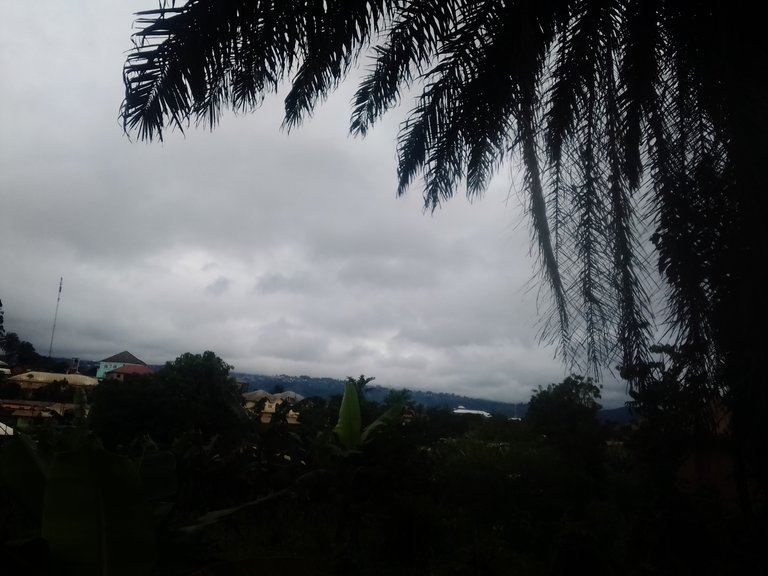
Global warming and climate change the case study of Cameroon:
Climate change is an imminent threat to the people and the economy of the people of Cameroon. And it is expected to result in significant output losses, exacerbate poverty and inequality and conflict risk, leading to population displacement is already the case in some communities of Cameroon.
The causes of this climate change in Cameroon is due to generated electricity and heat by burning fossil fuels which causes a large Chunk of global emissions. Most electricity in Cameroon is generated by coal, oil, or gas which produces carbon dioxide and nitrous oxide-powerful greenhouse gases that blanket the earth and trap the sun's heat. It should be noted that the current rise in global average temperature is primarily caused by humans burning fossil since the industrial revolution. Fossil fuels use, deforestation, and some agricultural and industrial practices add to greenhouse gases.
As a matter of fact, Cameroon is one of the most vulnerable Countries in the World to climate change due to its exposure, sensitivity, and its low adaptive capacity.
The Cameroon coast has experienced the most precipitation, while the northern part of the Country has been the driest between 1991 and 2020. Meanwhile it is should be noted that as earlier as 1974 and 2020, Cameroon experience a temperature increase of 0.86°c, with more significant warming in the north of Cameroon between 1991 and 2020 and statistics kept on changing up to present 2024.
That notwithstanding Cameroon's climate is expected to continue to change affecting the Country's climatic zones differently. Under worst case climatic scenario, temperatures are predicted to surge on average by 3.9°c over the next twenty years with wide variation depending on the areas. Rainfall is expected to increase on an average from 5.8mm over the next twenty years to 10.4mmby 2100, although precipitation will vary throughout the country.
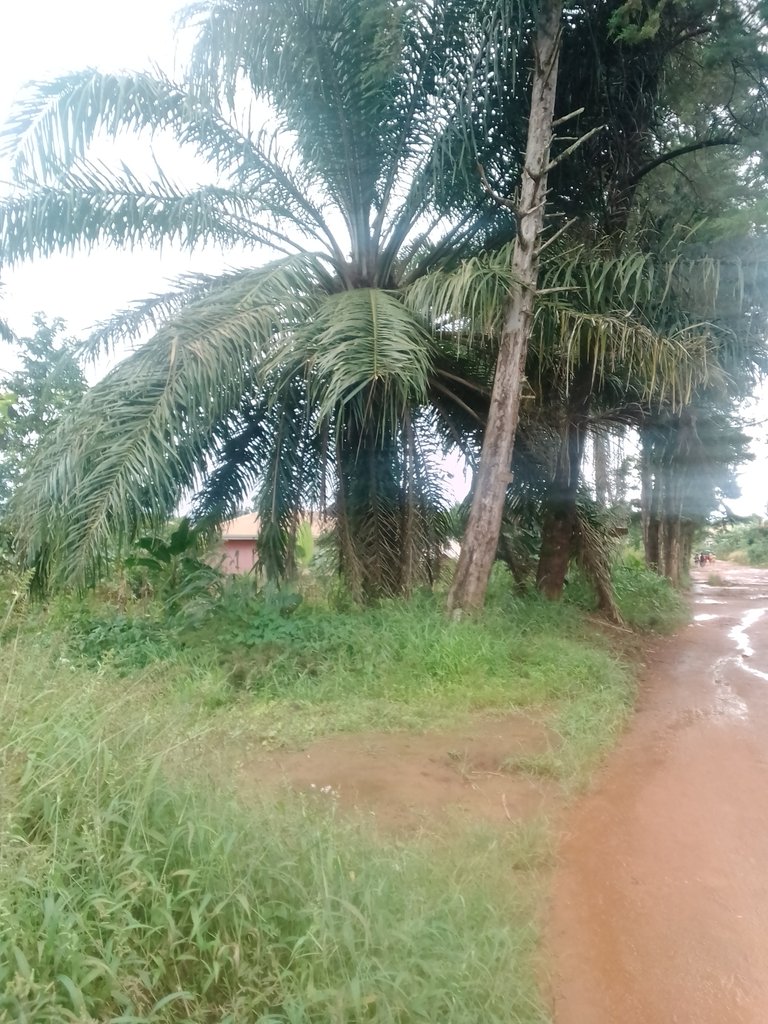
At the same time, extreme weather events will come frequent and intense with negative impacts on health and human Life. The country's sahelian north is predicted to suffer from increased droughts, erosion, violent winds, and floods. Flood risk is expected to increase throughout the country excluding the savannah zone, with projections showing at least 5 - 10 floods per year depending on the intensity of the rain.
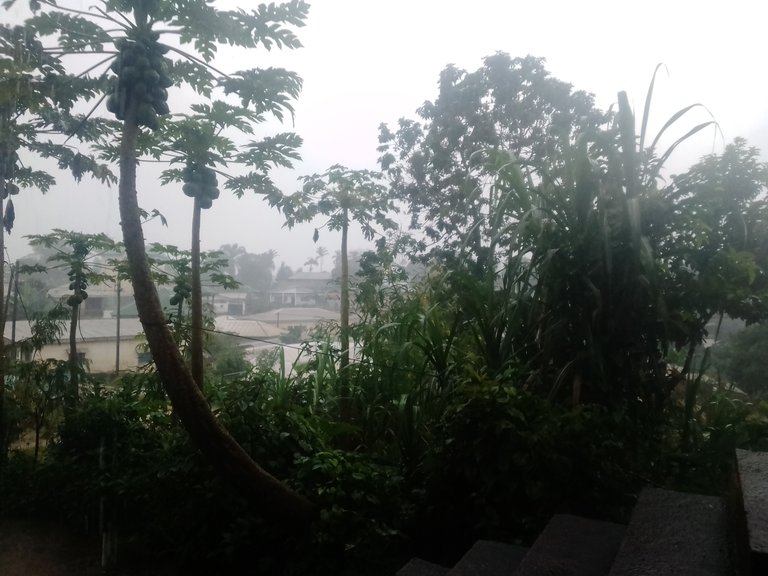
In the western highlands, landslides, erosion and droughts are projected, though already happening and more common in theses areas and displacing inhabitants. The statistics are quite alarming. Meanwhile, coastal areas, especially the city of Douala has been proven recently in 2024 to be more vulnerable to floods, rise in sea levels, erosion, landslides and violent winds.
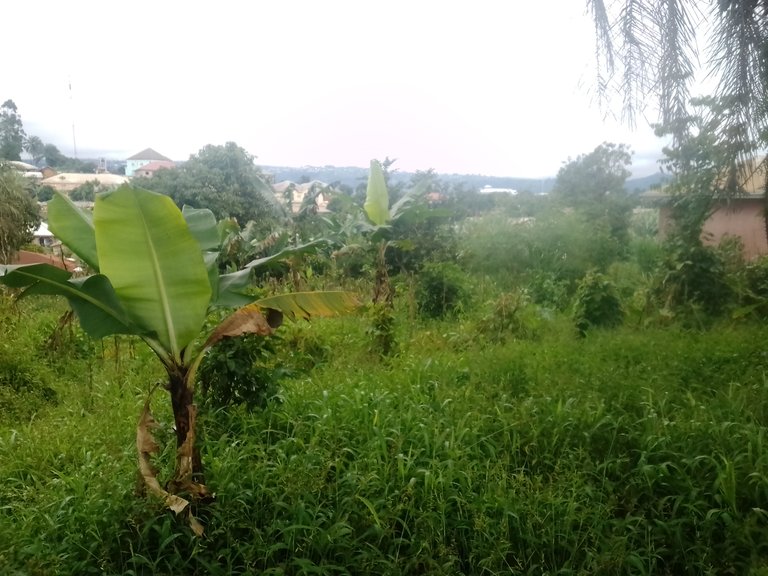
Infact climate change is an imminent threat to Cameroon's development due to the Country's dependence on natural resources and it's dependence on Agriculture for livelihoods and subsistence. In Cameroon Agriculture, is and remains the prodominant sector of national economy, both in terms of it's contribution to GDP and knock on effects it has on the other sectors of activity. The agriculture sector, due to its high sensitivity to the availability of water, erosion, and flooding, is expected to be the most affected sector by climate change in Cameroon, impacting food security. Already, the prevalence of food insecurity is high and increasing in Cameroon, mainly attributable to the security crises affecting certain regions in the Country, particularly the north west, south west and the far north. Today is common to see a bag rice sold at the Cameroon markets at 40.000frs=cfa, which impacts negatively on an average earning Cameroonian,and especially the crisis hit regions of the country.
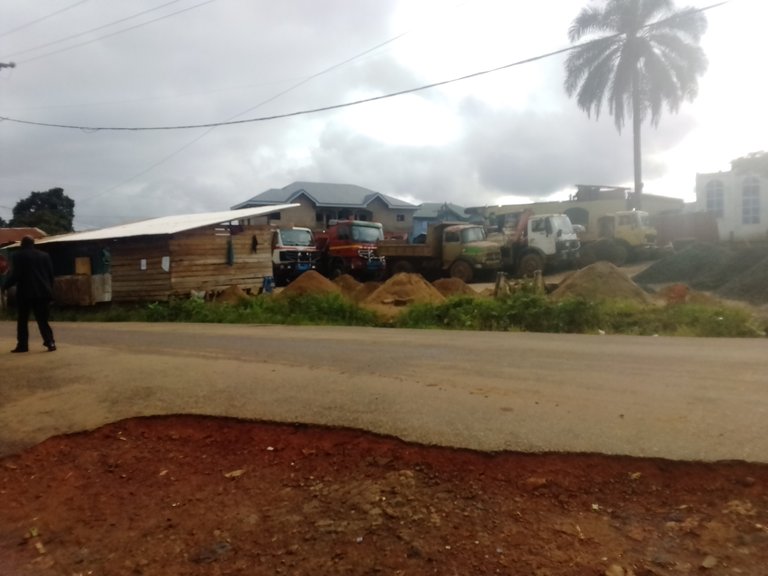
People living in certain regions are more vulnerable to climate hazards, especially in the far north where delabitating droughts have contributed to alarming rates of food insecurity and loss of livelihoods.
Climate change in the northern part of the country has recently caused untold suffering to the inhabitants of the areas. Strong winds and storms rendered many homeless and claiming their source of livelihood. The case of the northern regions of Cameroon, that recently experienced such unfortunate natural occurrences, thus displacing and leaving many homeless without any source of livelihood. The government of Cameroon wasn't indifferent by responding positively to their plight with the needed food supply and other needs. The church also responded positively by calling on the christians to play their charity role of helping the vulnerable and those in needs in times like that.
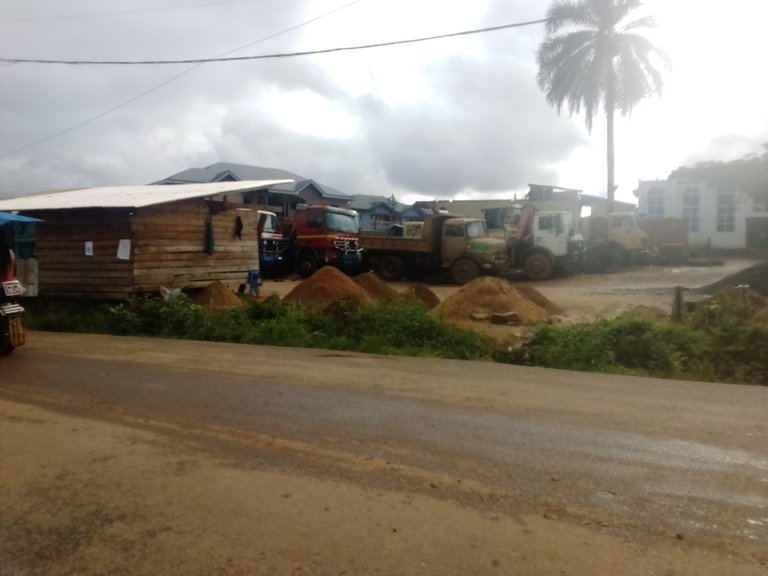
Cilmate change in Cameroon is already placing increasing pressure on the sectors of the Country's economy, as well as increasing social vulnerabilities. The main sectors that are vulnerable to climate change include; agriculture, livestock, sanitation and health, energy, mines and industry, fishing and acquaculture, urban development and public works, and tourism.
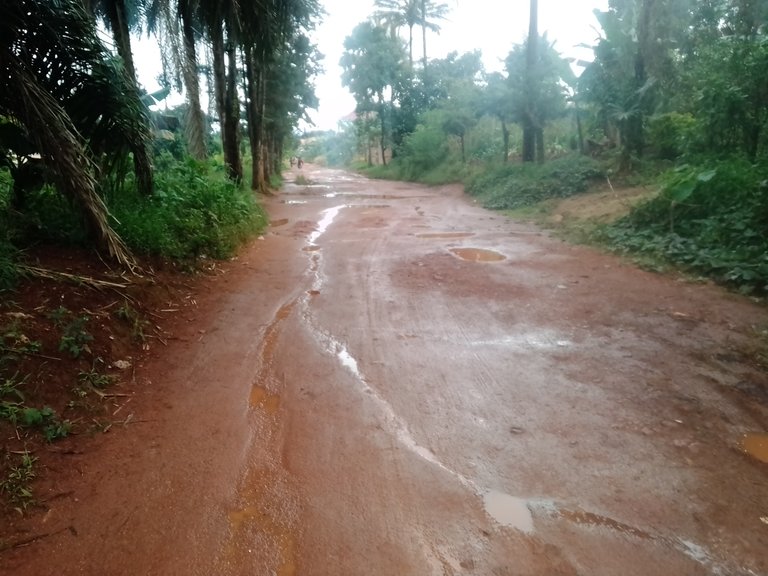
In Bamenda, water resources continue to face climate related stress. Bamenda from the population perspective is experiencing; irregular rainfall, water shortages; increasing temperatures and low precipitation rate. Across the north west region of Cameroon, climate variability and change is driven by deforestation, poor farming methods, bush fires and overgrazing.
There is therefore a need by different stakeholders including the media, Non-governmental organizations, socio-cultural groups, municipal councils and government institution to communicate climate change and environmental messages effectively, since climate change remains a global problem with widespread impacts.
As a result, without action, the consequences of the climate change are likely to undermine Cameroon's effort to reduce poverty, develop a strong, diversified and competitive economy.
Congratulations @emmanuel237! You have completed the following achievement on the Hive blockchain And have been rewarded with New badge(s)
Your next target is to reach 400 upvotes.
You can view your badges on your board and compare yourself to others in the Ranking
If you no longer want to receive notifications, reply to this comment with the word
STOPCheck out our last posts:
Thank you for posting in the Ecency community
Sending you Ecency points
Use Ecency every day to increase your growth on the platform!